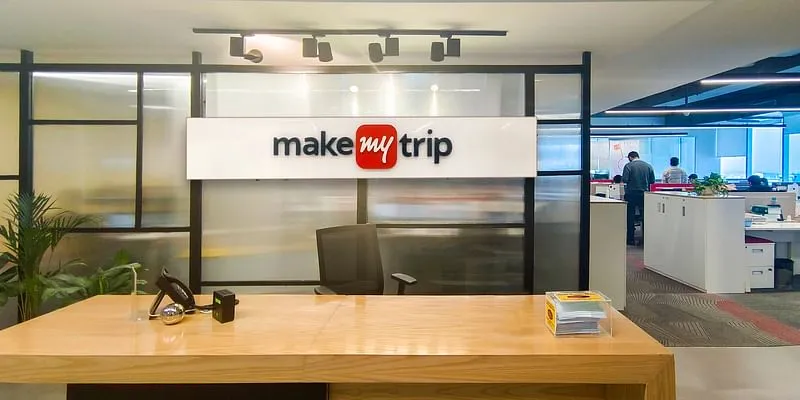Delhi High Court turns down MakeMytrip plea against NCLAT order
The NCLAT had passed an order without any jurisdiction, said the online tour operator in its plea.
On Wednesday, the Delhi High Court dismissed a writ petition filed by Nasdaq-listed online travel agency challenging an order by the National Company Law Appellate Tribunal (NCLAT) to deposit 10% of penalty amount in an appeal against the Competition Commission of India (CCI), according to a report by Mint.
Both companies were slapped with penalties totaling more than Rs 392 crore.
The NCLAT had passed an order without any jurisdiction, said the online tour operator in its plea.

Based on a complaint filed by the Federation of Hotel and Restaurant Association of India in October, the CCI found MakeMyTrip-Goibibo (MMT-GO) and Rooms liable of foul practices and imposed penalties to the tune of Rs 223.5 crore and Rs 168 crore, respectively.
After the order, both companies filed appeals with the NCLAT, even though the tribunal had ordered them to deposit 10% of the imposed fine.
The company had also petitioned the court to suspend the interim order and wanted to seek a stay or relief on behavioural change as directed by the CCI.
The CCI had also directed both companies to change their market behaviour and revise their agreements with hotels so as to remove price and room availability parity obligations imposed by them on their hotel partners with respect to other online travel agencies.
It also adds that MMT was favouring OYO based on confidential agreements made by the two so that OYO would get a priority on the platform, which caused denial of market access to its competitors.
Edited by Megha Reddy








